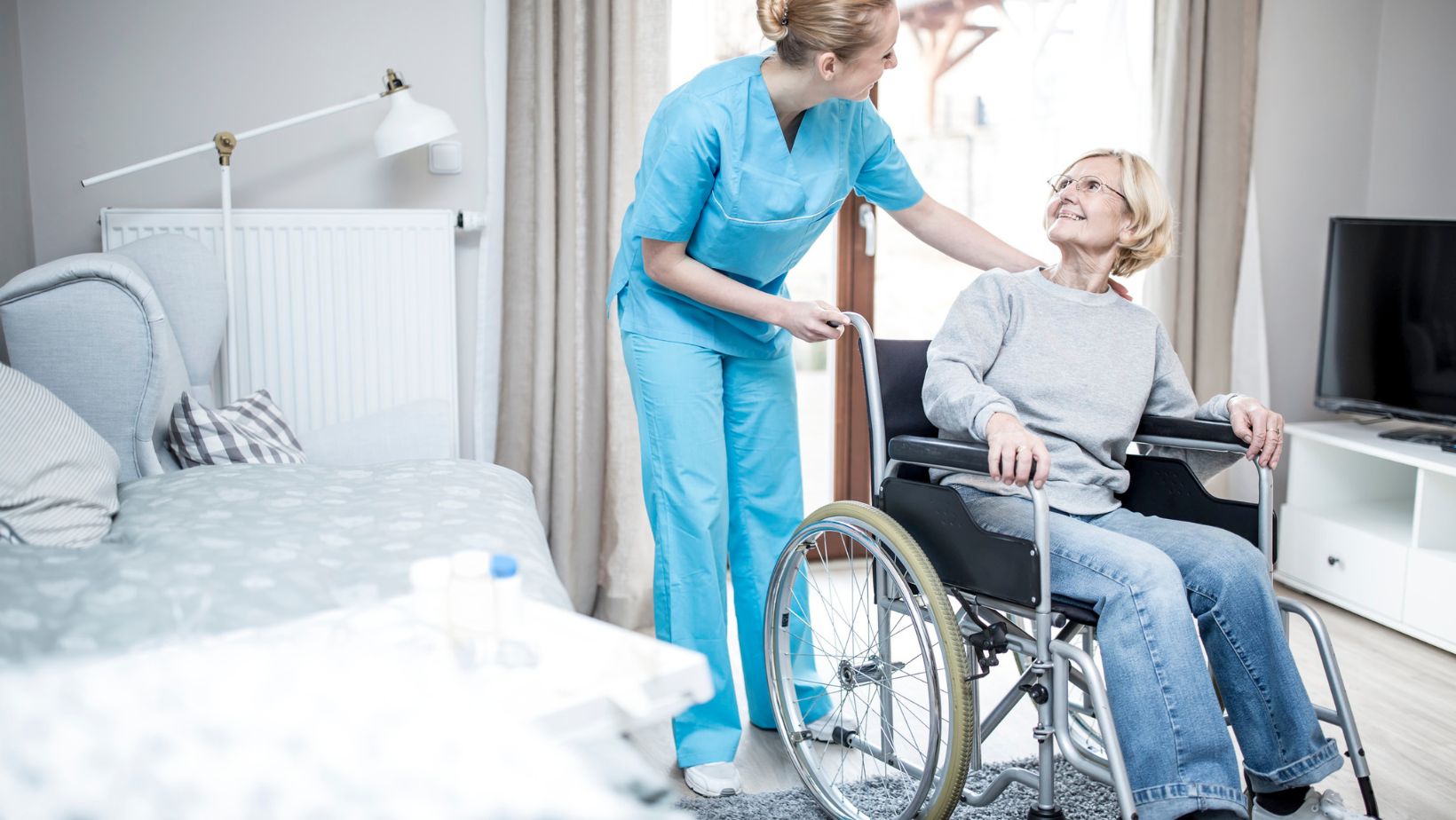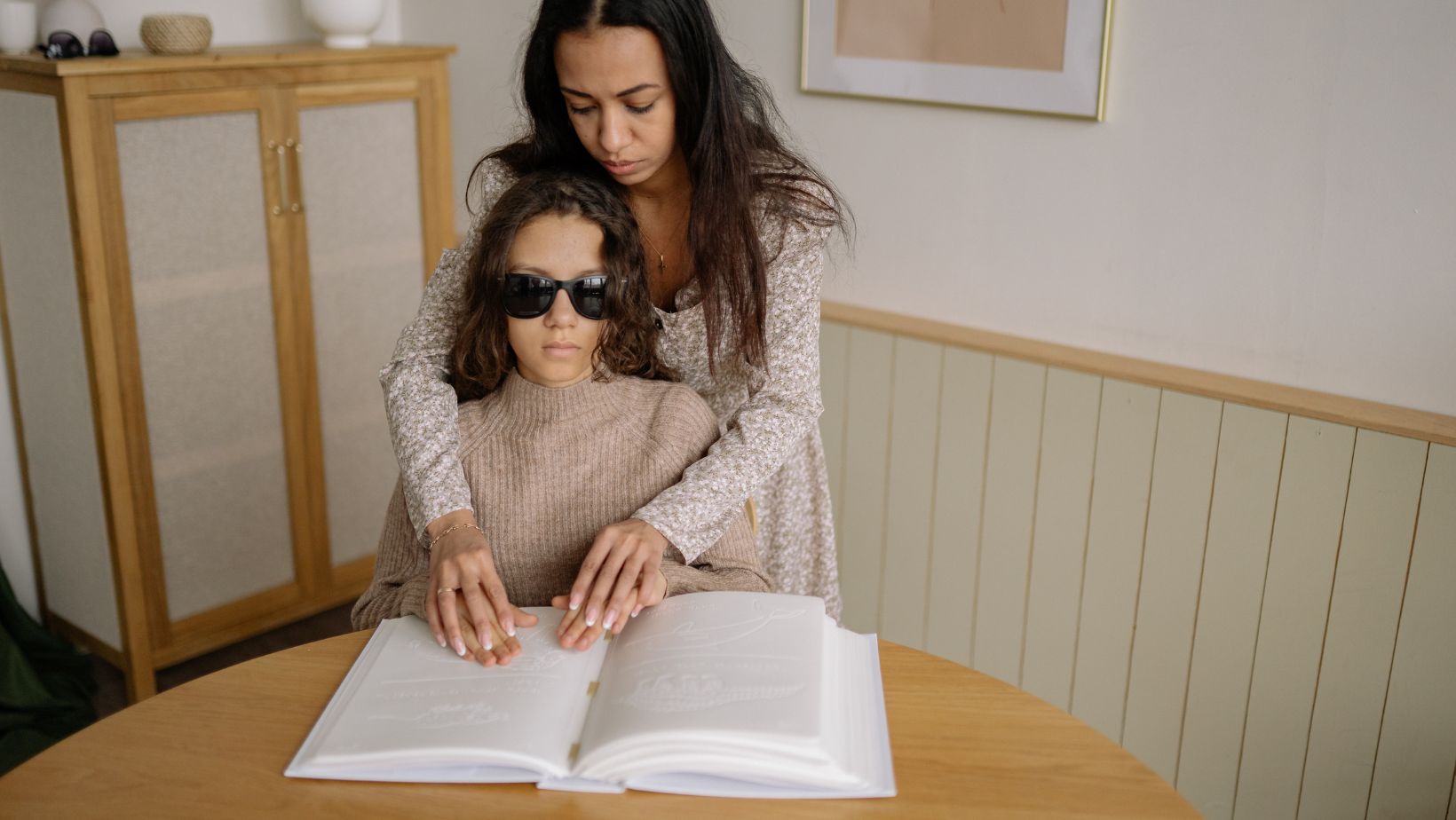
Comprehensive Risk Assessments
The first step is understanding the risks. A disability in home care expert conducts thorough risk assessments. They look at every nook and cranny of the home. In doing so, they identify potential hazards like loose rugs or slippery floors. They also consider individual needs.
For instance, someone with limited mobility may need different safety measures than someone with cognitive challenges. These assessments are ongoing, not one-time. Regular updates ensure that new risks are promptly addressed.
Personalized Care Plans
Once risks are identified, the next step is crafting personalized care plans. Each person is unique, so their care plan should be too. These plans detail everything from daily routines to emergency procedures. They consider personal preferences and medical needs.
By tailoring the care plan, the providers ensure that all aspects of the individual’s life are covered. This personalized approach helps in mitigating risks effectively. It’s not just about what to do, but how to do it in a way that best suits the individual.
Emergency Response Systems
Emergencies can happen anytime. Having a robust emergency response system is crucial. Disability home care experts ensure these systems are in place and easy to use. This includes panic buttons, emergency contact lists, and clear instructions on what to do during an emergency.
Quick access to help can make a huge difference. Regular drills and training ensure the caregiver and the person receiving care know exactly what to do. This preparation can save lives and prevent serious injuries.
Fall Prevention Strategies
Falls are a common and serious risk for people with disabilities. Home care providers implement effective fall prevention strategies. They recommend and install grab bars in bathrooms, ensure that walkways are clear, and provide non-slip mats. They also suggest appropriate footwear.
Regular physical therapy sessions might be included to improve balance and strength. These measures significantly reduce falls. They provide a safer environment where individuals can move around with confidence.
Medication Management and Monitoring
Managing medications can be tricky. The correct dose at the right time is essential. Home care services help with this crucial task. They set up medication schedules, organize pillboxes, and remind individuals when to take medicine.

They also monitor for side effects and ensure there are no dangerous interactions between medications. This vigilant oversight helps in preventing potential health crises caused by medication errors.
Regular Safety Inspections
Safety isn’t a set-it-and-forget-it deal. It requires regular inspections. Home care services conduct frequent safety checks to ensure everything is in order. They look at electrical cords, furniture placement, and overall home cleanliness.
Any new hazards are quickly addressed. These inspections help in maintaining a consistently safe environment. They also allow the necessary adjustments as the individual’s needs change.
Safe Mobility Aids and Equipment
For many with disabilities, mobility aids are essential. Home care services ensure that these aids are safe and properly used. This includes wheelchairs, walkers, and stairlifts. They train individuals on how to use these devices correctly.
They also ensure the equipment is regularly maintained and in good working order. Proper use and maintenance of mobility aids significantly reduce the risk of accidents and enhance independence.
Fire Safety and Evacuation Procedures
Fire safety is a critical aspect of home safety. Professionals ensure that smoke detectors and fire extinguishers are in place and functional. They also develop clear evacuation procedures tailored to the individual’s abilities. Regular fire drills ensure everyone knows what to do in a fire.

These proactive measures help in preventing fires and ensuring swift, safe evacuation if needed.
Hygiene and Infection Control Protocols
Good hygiene is essential for preventing infections. Expert implement strict hygiene and infection control protocols. This includes regular hand washing, proper wound care, and sanitizing surfaces. They also ensure that personal hygiene needs are met, such as bathing and grooming.
These measures are essential for individuals with compromised immune systems. Keeping the environment clean and hygienic helps in preventing illnesses and infections.
Continuous Staff Training and Supervision
Home care solutions invest in continuous staff training. Caregivers are trained in the latest safety protocols and care techniques. They also receive supervision to ensure that they are performing their duties correctly. This ongoing education and oversight help maintain high standards of care and ensure that caregivers are well-prepared to handle any situation that may arise.
Ensuring a secure living environment for individuals with disabilities is a multifaceted task. A disability in home care expert excels in this area by implementing comprehensive safety measures. Every aspect, from personalized care plans to continuous staff training, is designed with safety in mind. These services provide peace of mind to families and individuals alike.















